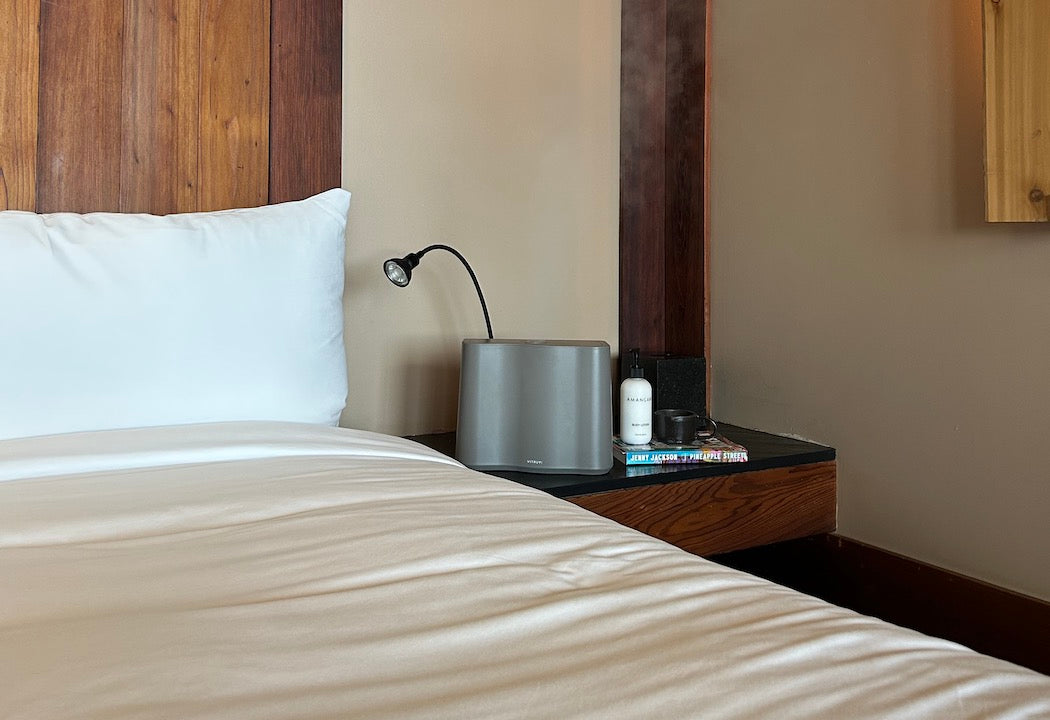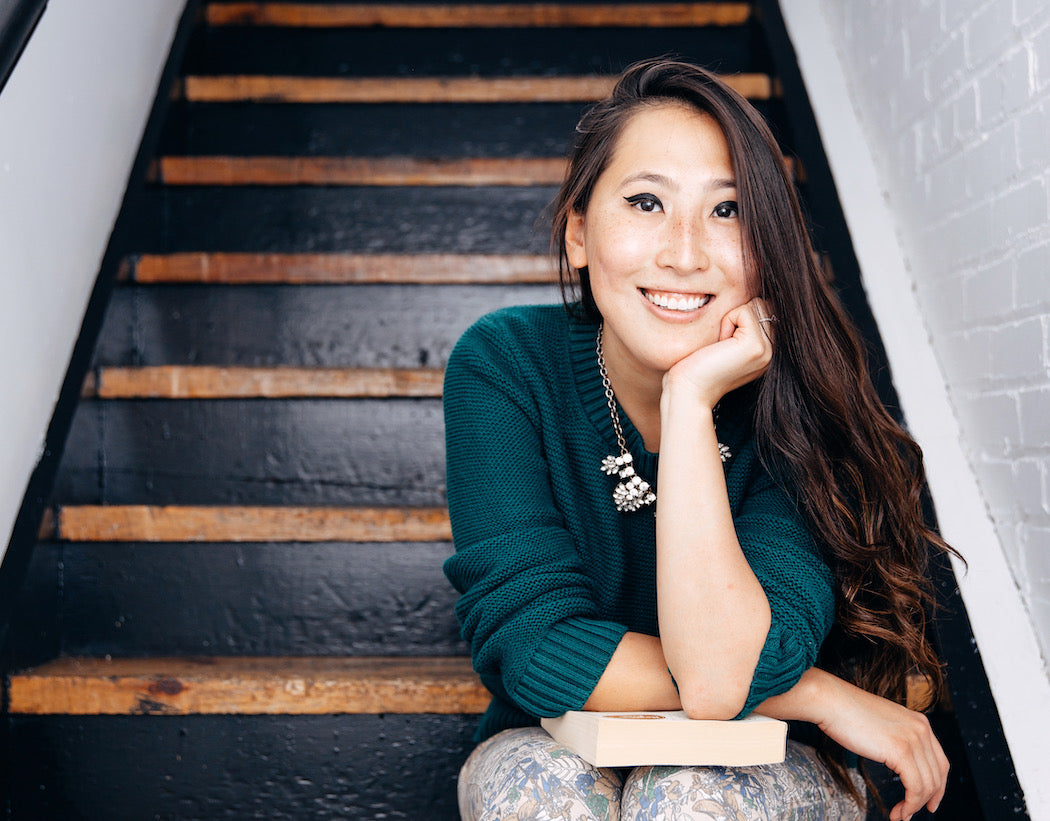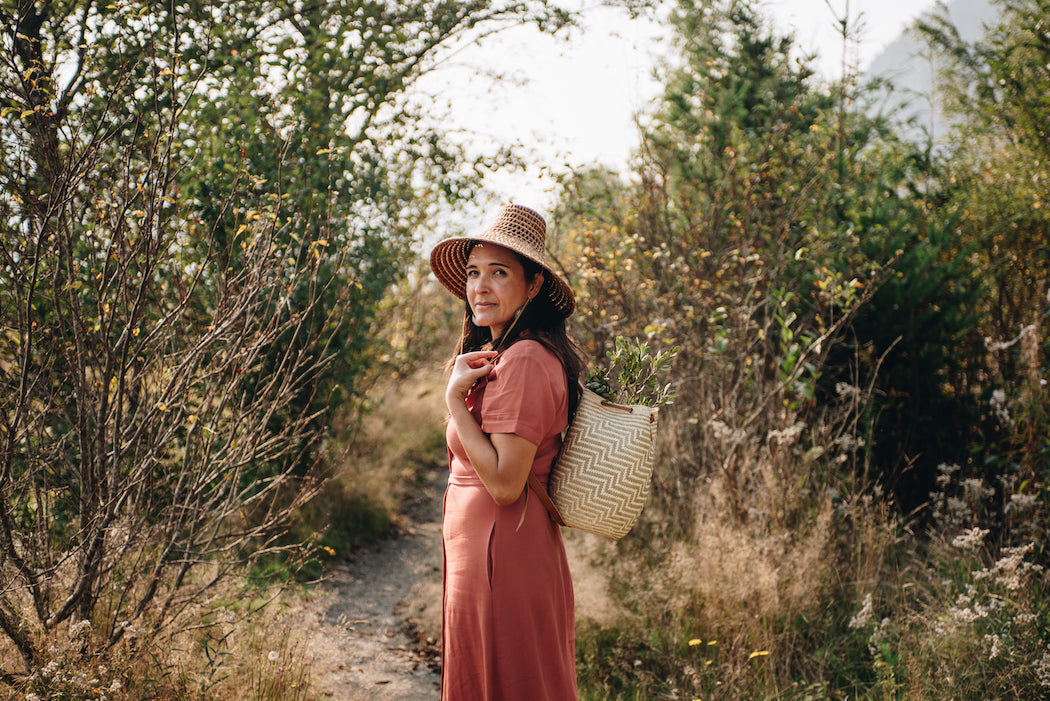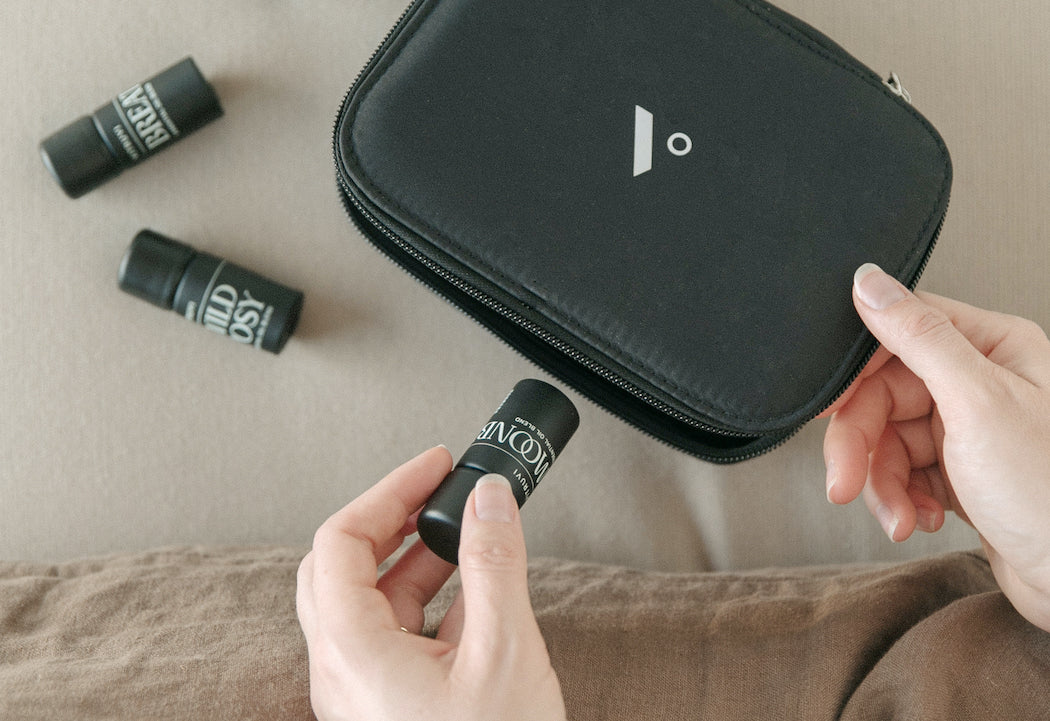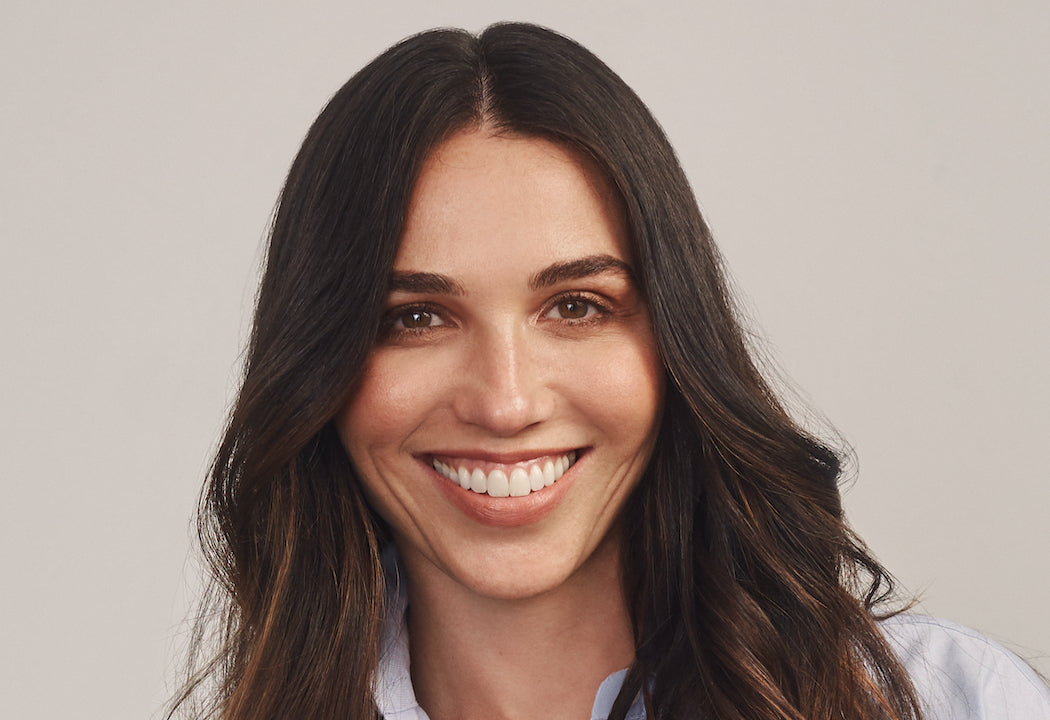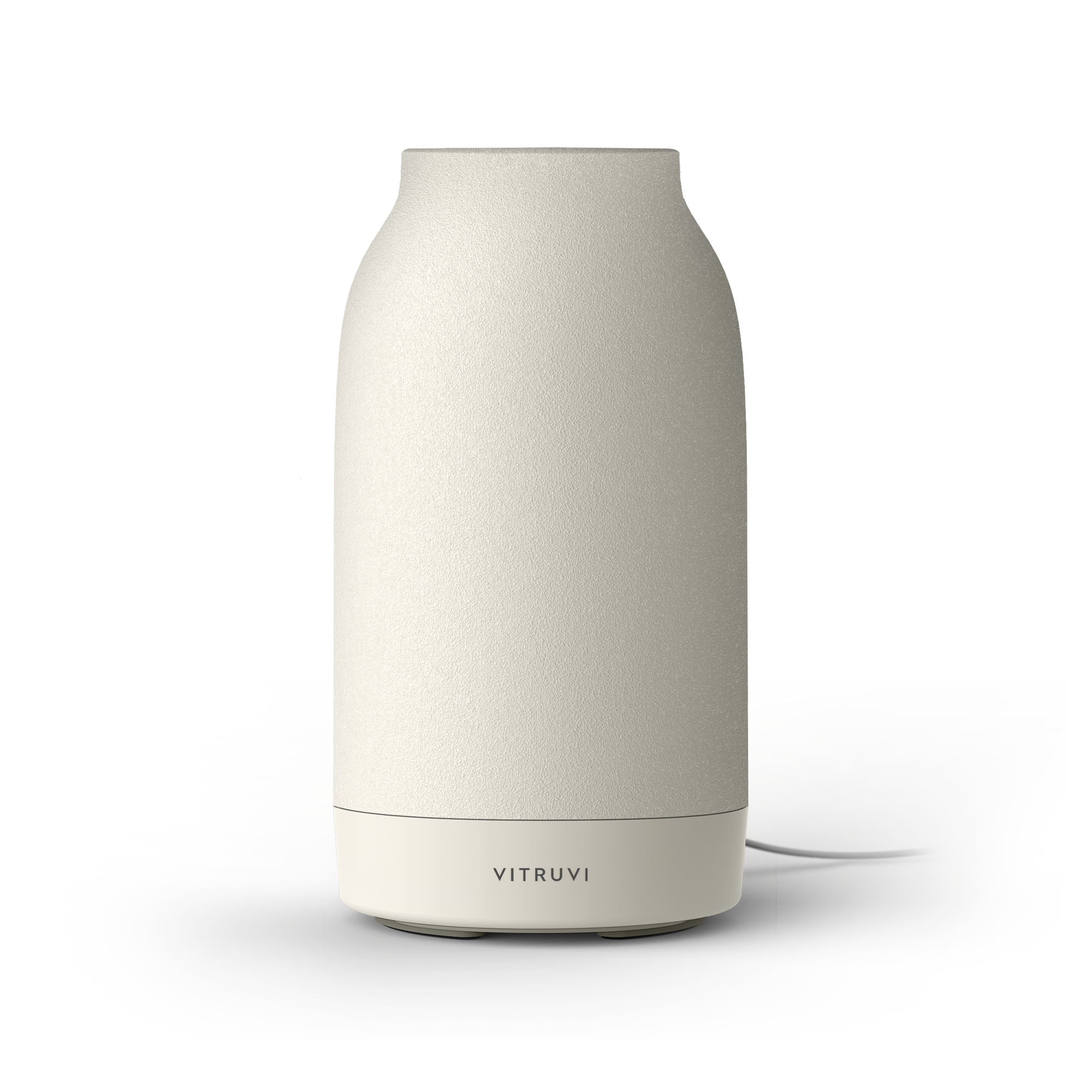Laura Siegel’s clothing brand first came onto my radar in 2011; the plucky young Parsons grad had developed a line that married effortless, artful designs with mindful production.
I know we hear that word—mindful—a lot now in the fashion space, but back then it was still a bit of an intriguing novelty. Siegel’s brand employed people from around the world: artisans upholding their native techniques of weaving, dyeing, and more. The resulting collections were imbued with a sense of tradition, honour, and hand-hewn beauty. In other words, the total opposite of the offerings from a fast-fashion brand. I always considered Siegel to be a visionary in the space, full of enthusiasm and seemingly endless energy as she travelled, learning from and loving the unique makers who crossed her path.
Now we hear almost every day about mass retailers and their plans to be more green, more thoughtful, more globally-minded, and I wonder how Siegel—who most recently curated a fashion panel and pop-up in partnership with the United Nations Conscious Fashion campaign—views this shift, since she’s been in the business of ethical, sustainable fashion for years now. “I’m just eternally optimistic,” she says as we sit outside a Toronto coffee shop in the bright summer sun. I’ve mulled it over since our conversation, and have come to the conclusion that if you really want to get your juices flowing, it’s not a tea or workout or meditation app that will truly get you going; it’s having an internal voice that says, “Hey, we can do better. I can do better. Now, how?”
Working between Toronto and New York, Siegel has transitioned from running her brand to becoming a textile and design consultant, parlaying her expertise into helping others adopt the same guidelines under which her own business ran. She pays close attention to innovators in the space—not just through her work with the UN, but at the educational level, too, noting that she hopes certain school models will change “before it’s too late.”
That sentiment seems to be a through-line with Siegel’s career. A health scare “opened up my perspective,” she says. “It made me realize how precious life is.” Like many creatives (and myself, too), she knew there was more she wanted to experience when it came to doing meaningful work. Since delivering her final collection in fall 2018 (some pieces are still available online), Siegel has been steering industry peers towards supporting not just local economies, but local craft practices. “If you’re going to put something out into this world that we already have filled with a ton of great design product,” she says, “there should be purpose and meaning behind it.”



